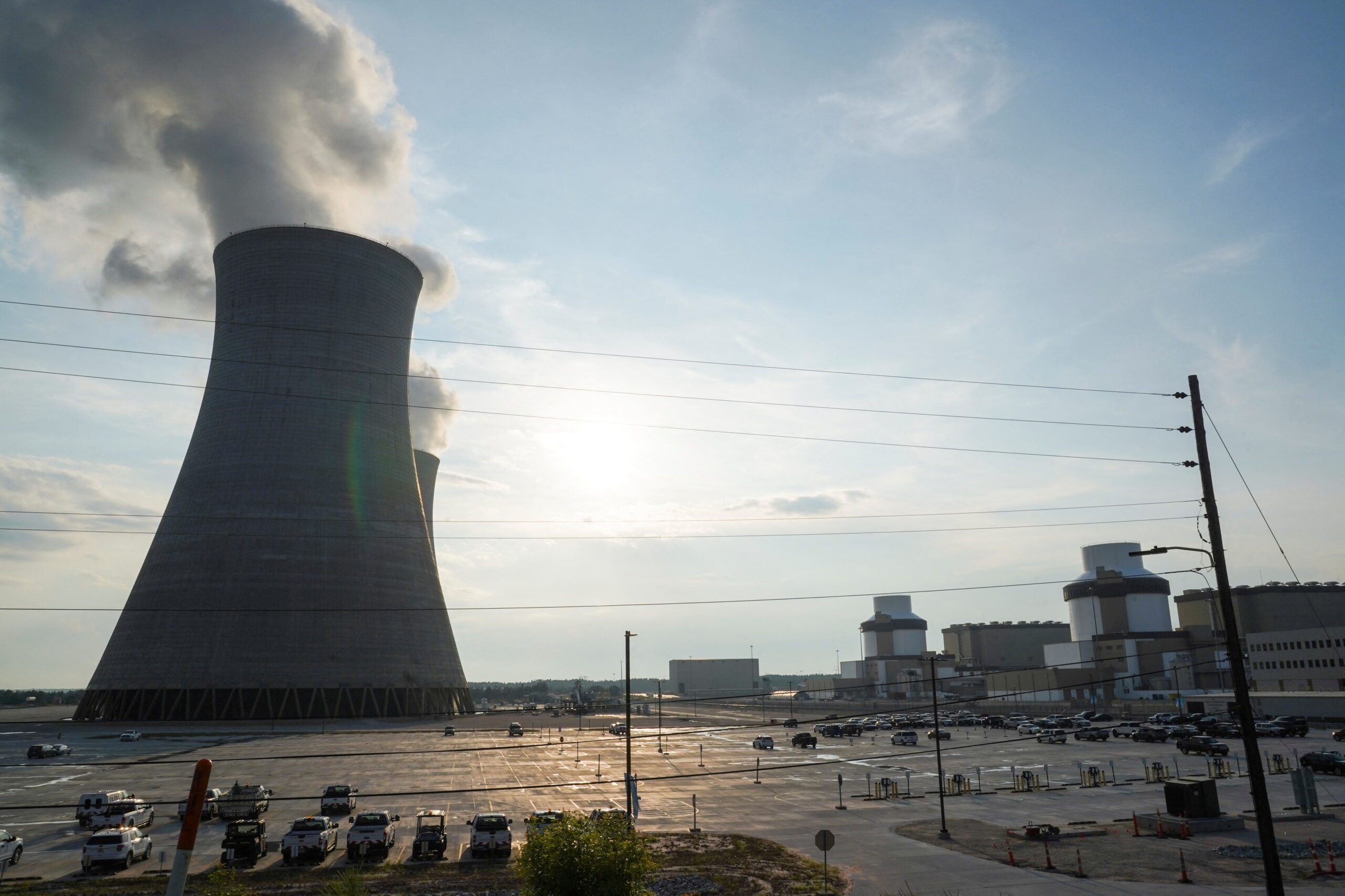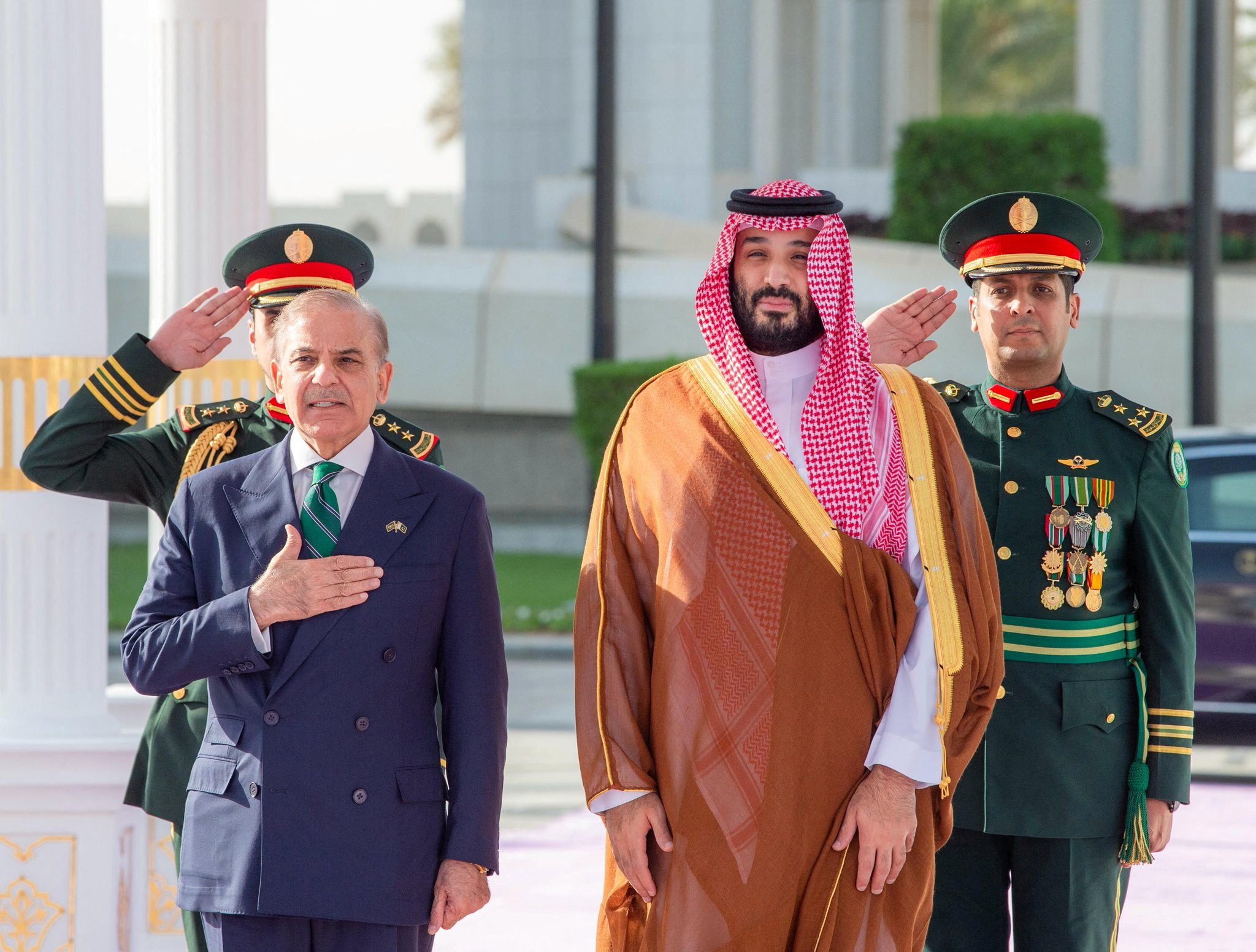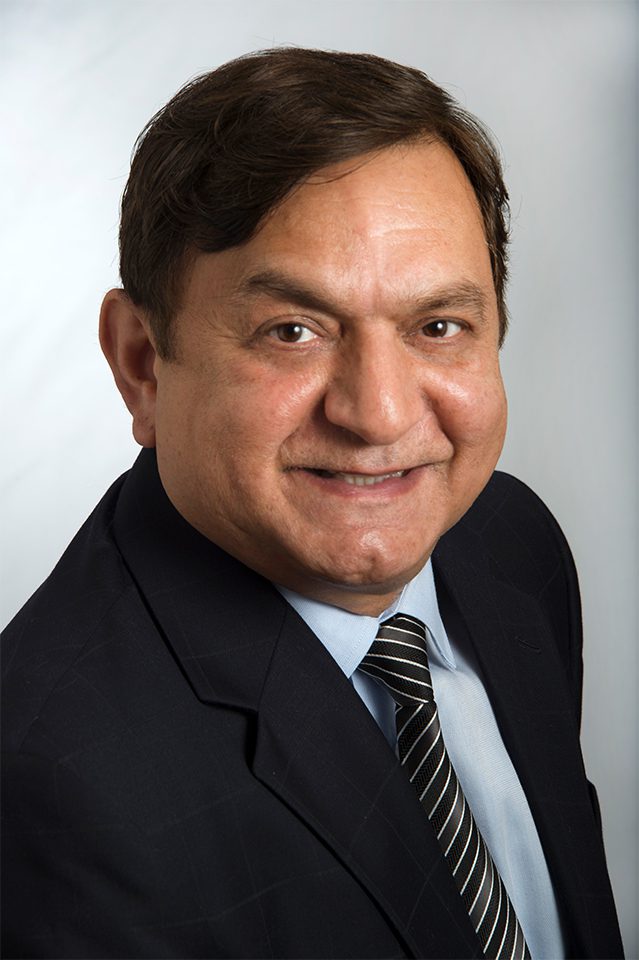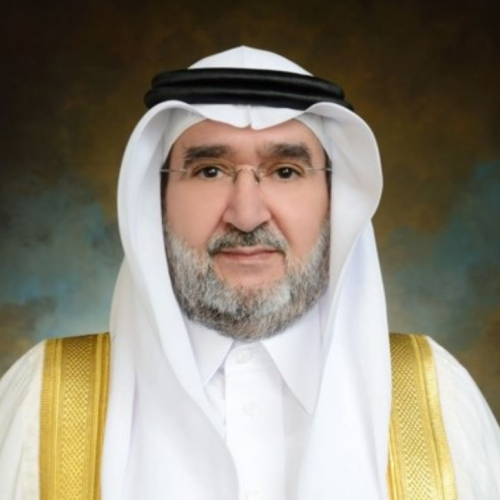Can Saudi Arabia Afford Its Aid Cut to Lebanon?
Saudi Arabia’s decision to suspend a major military aid package to Lebanon – $3 billion earmarked for the purchase of French weapons – and to revoke another $1 billion pledged to support Lebanon’s internal security services, is an unexpected and dramatic change of policy toward a politically crucial Arab country. At the same time, the...
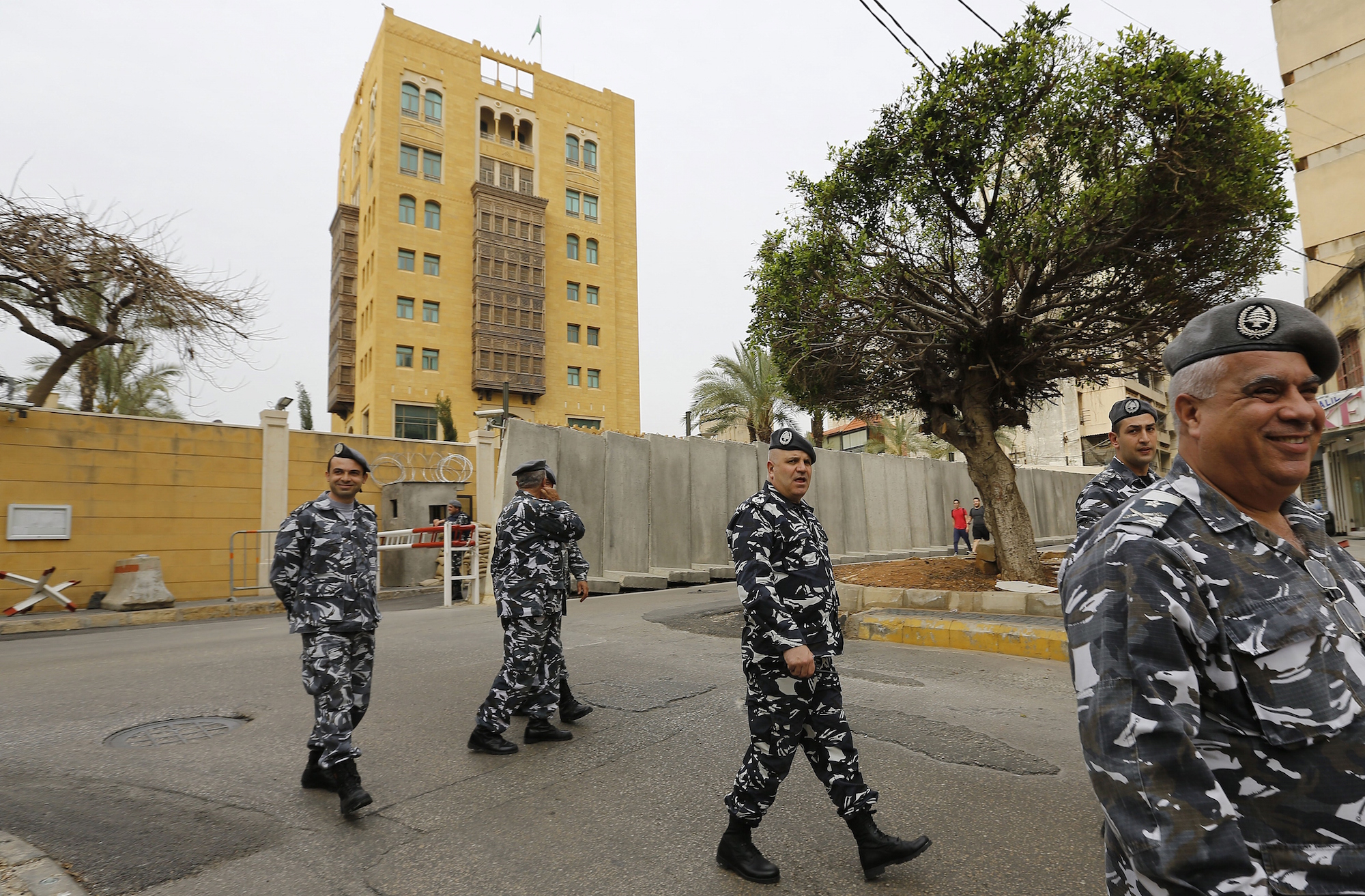
Saudi Arabia’s decision to suspend a major military aid package to Lebanon – $3 billion earmarked for the purchase of French weapons – and to revoke another $1 billion pledged to support Lebanon’s internal security services, is an unexpected and dramatic change of policy toward a politically crucial Arab country. At the same time, the UAE has announced a drawdown of diplomatic staff at its embassy in Beirut. There are additionally concerns and rumors about the potential withdrawal of Saudi and United Arab Emirates deposits from the Lebanese Central Bank, which would also be deeply damaging to Riyadh’s Lebanese allies. Lebanese anxiety even extends to concern about the potential deportation of Lebanese workers from Gulf states and the loss of valuable remittances as well as social and economic links.
The proximate cause of this dramatic policy shift by Saudi Arabia and other Gulf states is a drift of Lebanese policy strongly toward Iran in recent months. The turning point was Lebanon’s refusal to join a virtually unanimous Arab League condemnation of the recent attack on the Saudi Embassy in Tehran. Even Iraq supported the condemnation of the attack, making the Hezbollah-inspired Lebanese reticence on the issue all the more anomalous and, from the Gulf state perspective, unacceptable.
The major Lebanese factions have been embroiled in nearly two years of protracted wrangling leaving them unable to agree on a new president. Lebanese political groups are roughly divided into two general coalitions: on the one hand is “March 14,” which is essentially aligned with Saudi Arabia and the West, on the other is “March 8,” linked to Iran and its allies, particularly the Syrian dictatorship of President Bashar al-Assad. Hezbollah, the pro-Iranian Shia militia and political party, in particular, has been withholding support for a long series of potential presidential candidates (in Lebanon an elected but heavily gerrymandered Parliament selects the president). Initially Hezbollah was mainly seeking to secure its quasi-independent substate within Lebanon, complete with its own independent military, communications network, intelligence services, control over key areas such as the national airport, and a wide variety of other prerogatives. But, especially from the Gulf Arab perspective, Hezbollah has recently been asserting greater control over Lebanon’s foreign policy in the interests of Iran, culminating in the refusal to condemn the embassy attack.
Another sign of this trend is an uptick in strongly-worded anti-Saudi rhetoric from Hezbollah. Riyadh believes that Hezbollah is riding a new wave of confidence, and even arrogance, following the Russian intervention in Syria. The Lebanese Shia militia is a core part of the pro-regime forces whose fortunes appear to have been reversed thanks to Moscow’s intervention in the conflict. From the Gulf perspective, it is precisely this reversal of fortunes in Syria that has allowed Hezbollah to tighten its grip on the Lebanese state and foreign policy. The prominent Saudi columnist Abdulrahman al-Rashed went so far as to recently describe Lebanon as an “Iranian colony.”
The exasperation of Saudi Arabia and the UAE as well as their Gulf allies is compounded by the sense that Iran’s aid to Lebanon, and more specifically its support for Hezbollah, buys it tremendous influence and deference from Lebanese parties across the board and from what remains of the state. By contrast, Arab Gulf money seems to be taken for granted, accepted, but without concomitant consideration for the interests of these major donors. Saudi Arabia and its Gulf allies believe that Iran’s political investments in Lebanon have proved much more cost effective than their own because Tehran’s largesse has been tied to money and equipment for Hezbollah’s militia.
Consequently, the Arab Gulf states feel that their financial contributions to the mainstream Lebanese state institutions such as the national military haven’t resulted in a commensurate consideration for their policy imperatives, whereas Iran has benefited enormously precisely by “playing dirty” and funding its own substate militia proxies. Following the suspension of the military aid program, according to Gulf sources, Lebanese political figures were perceived as not having moved quickly enough to try to repair the damage, which in turn led to the further measures involving the travel warnings, diplomatic downgrades, and hints of deposit withdrawals. The message is something along the lines of “Do we have your attention yet?”
At this point the answer is certainly yes, although whether the response will be deemed sufficient remains to be seen. Certainly the Saudi decision appears to have surprised, and even shocked, Riyadh’s Lebanese allies, several of whom have urged the kingdom not to “abandon” Lebanon. Prime Minister Tammam Salam announced plans to visit the Gulf Arab states to try to repair relations, and has already delivered a formal letter to Saudi King Salman asking for the decision to be reversed. Other commentators have described the Saudi move as “puzzling.” This dramatic expression of Gulf exasperation with unfolding trends in Lebanese political dynamics could well have far-reaching consequences for Lebanon’s regional role and domestic equilibrium.
From the Saudi point of view, cutting aid might feel like an act of the strong. Why, after all, Riyadh is asking, should we keep paying for Lebanese national agencies and institutions that are increasingly at the service of our Iranian rivals and are, at best, not responsive to our concerns and at worst seem to be hostile to our interests? Two possible obvious answers – that the Lebanese Armed Forces are one of the few nonsectarian social institutions in the country, and that they serve as a potential crucial counterweight to Hezbollah – for some reason do not seem to have carried enough weight. Moreover, the Saudi government may be telling itself that cutting aid is what strong powers do to express their dissatisfaction with local clients and allies. Isn’t cutting or suspending aid the first thing Washington does when it wants to get serious with a misbehaving client?
However, there is a difference between the behavior and policy options of distant, global powers and the concerns and consequences facing local or regional ones such as Saudi Arabia. Washington has provided Lebanon with about $1 billion in military support over the past eight years, despite sharing many of Saudi Arabia’s concerns about Hezbollah, which is on the State Department’s list of designated foreign terrorist organizations, and refusing to deal with Hezbollah officials within the Lebanese government.
The Lebanese allies of Saudi Arabia have begun to respond with uncharacteristic intensity. Pro-Saudi Lebanese factions are essentially the same as the pro-U.S. ones, but they never reacted with anything like this level of alarm and urgency when Washington has, several times in the past, cut or suspended aid. They sense, probably correctly, that the consequences of this cut in Saudi military and security support could have far-reaching consequences for the balance of power in Lebanon, and actually exacerbate rather than reverse the very trends toward Hezbollah domination that have so annoyed Riyadh.
Indeed, while the Saudi move may seem an expression of strength from Riyadh’s perspective, from the point of view of many in Beirut it probably looks more like weakness, and possibly even a declaration of defeat. After all, this aid cut seems to leave Lebanon at the mercy of Hezbollah and its allies, and other proxies and clients of Iran, since the clout and influence of pro-Saudi factions in Lebanon will be weakened by this loss of income and support. Saudi Arabia will be seen by many in Lebanon as tacitly admitting, through its actions, that it not only does not exercise sufficient influence in Lebanon, it no longer holds out any reasonable hope of doing so under the present circumstances. From the point of view of many Lebanese, that will not be seen as reflective of strength and authority.
This sense will be compounded by the strongly worded warnings issued by Saudi Arabia and several of its key allies, including the UAE, Bahrain, Kuwait, and Qatar, that their citizens should not travel to Lebanon and, if they are already there, should leave immediately. The move is an expression of concern about potential retaliation against their nationals by pro-Iranian Lebanese extremists. It further implies that Saudi Arabia and its allies are acknowledging that there is little they can do if their nationals are harmed or abducted in Lebanon.
It’s hard to exaggerate what is potentially at stake regionally if this Saudi move is not offset by other policy initiatives designed to draw Lebanon closer to its orbit or in some other way offset the intensification of Iranian influence and prevent the isolation of political forces in Lebanon that are resistant to Iranian domination. If direct military support to the Lebanese Armed Forces remains suspended, surely Saudi Arabia can, if it wants to, find other means of bolstering its political allies in Beirut and consolidating its presence within the Lebanese equation. It may employ a kind of probationary period sure to emphasize its point, but declining to fund the Lebanese military does not necessarily mean walking away from all Lebanese national and governmental institutions. Otherwise, the fears of Saudi Arabia’s Lebanese allies that they are essentially being abandoned to the tender mercies of Hezbollah, Assad, and Iran may prove well founded. If this indeed eventually becomes, whatever Riyadh’s present intentions might be, a tacit Saudi admission of defeat or failure in Lebanon – or if it becomes a self-fulfilling prophecy with the country falling deeper into the Iranian orbit – the precedent could be profoundly troubling for Riyadh in the long run.
Saudis might well scoff at any analogy between Syria and Lebanon, or the suggestion that if they walk away from one, they could walk away from the other. First of all, they would probably deny that this is what they are doing in Lebanon. And no doubt they would insist that Syria is an entirely different proposition from Lebanon, which has long been subject to the undue influence of Iran through Hezbollah. However, if the scenario plays out as Riyadh’s Lebanese allies are warning it might, Saudi Arabia, in effect, could end up essentially acquiescing to, and practically consolidating, Iranian domination of Lebanon by withdrawing crucial aspects of its own leverage. That would surely suggest that there is a threshold wherein Saudi Arabia concludes a political battle has simply been lost and there is no longer any point in, literally, throwing good money after bad.
It’s possible that Saudi Arabia will avoid that dangerous pitfall by implementing other policies that offset the potential negative consequences of the aid cut and other recent measures. There are many different ways in which that important aim could be accomplished. But if the Gulf states don’t take such measures, and these recent moves backfire as Riyadh’s Lebanese allies are warning, the shift in policy toward Beirut could prove a very costly way of making a point.
The views represented herein are the author's or speaker's own and do not necessarily reflect the views of AGSI, its staff, or its board of directors.



